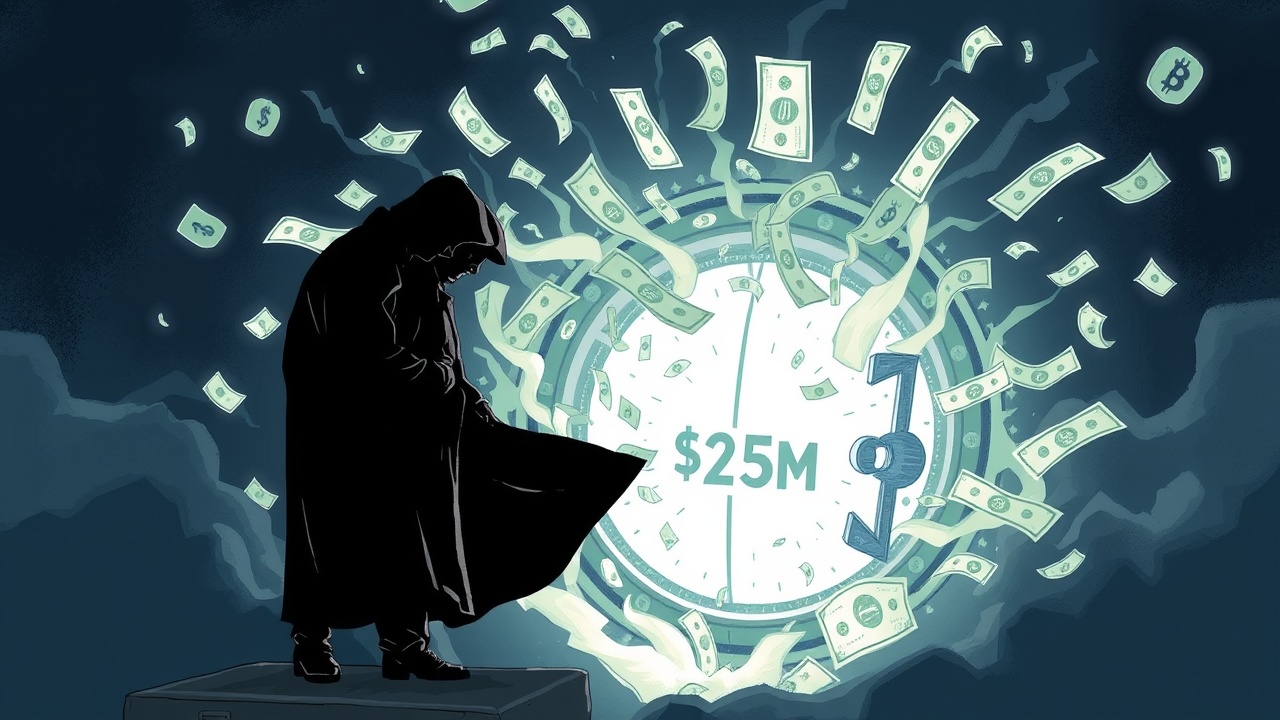Allegations of Cryptocurrency Fraud
In a dramatic unfolding in a Manhattan federal court, a former colleague of the Peraire-Bueno brothers, both graduates of MIT, provided damning testimony regarding an elaborate plot that allegedly aimed to siphon off $25 million from cryptocurrency traders in a matter of seconds. The alleged scheme, captured in a meeting that took place in December 2022, revolved around exploiting a flaw in Ethereum’s MEV-Boost protocol—a plan codenamed “Omakase.”
Testimony from Travis Chen
Travis Chen, who formerly worked as a quantitative trader for the brothers’ company 18decimal, recalled how they laid out a strategy that intentionally targeted automated trading systems known as sandwich bots. These bots attempt to exploit price fluctuations by framing their trades around pending transactions, inadvertently becoming victims of the brothers’ scheme.
Under a non-prosecution agreement, Chen, who is required to relinquish $2.4 million—his alleged share of the expressed theft—provided the court with insight on the brothers’ extensive preparations, marking the operation as one undermining sandwich bots instead of merely competing.
Charges and Potential Consequences
Facing serious charges of wire fraud and conspiracy to engage in money laundering, each brother could suffer the consequences of up to 20 years behind bars if convicted. The two had opted against a plea bargain in favor of pursuing a trial that commenced last Tuesday.
Prosecutors’ Narrative
Prosecutors lay out a narrative claiming that the Peraire-Bueno siblings, posing as validators on the Ethereum blockchain, misused a glitch that granted them early access to transaction data. By reorganizing blocks, they gained a financial advantage over sandwich traders. During the court proceedings, Chen disclosed notes drafted during their December 2022 meeting that indicated the operation’s potential scale, highlighting expectations of securing up to $6 million at once through manipulation of the sandwich bots’ strategies.
Execution of the Scheme
In a calculated effort, the brothers are said to have researched trading patterns for months, drafting eight distinct “bait” transactions to lure sandwich bots. By April 2, 2023, they reportedly activated their plan successfully, resulting in the substantial financial haul.
Online Searches and Defense Arguments
Further complicating the case, prosecutors revealed that the defendants reportedly searched online for terms including “how to wash crypto” and “top crypto lawyers,” gearing up for their operation. However, the defense team is attempting to keep this search history out of the proceedings, arguing that the queries stemmed from legal consultations and should retain attorney-client privilege.
Testimony from Robert Miller
On the stand, Robert Miller, a developer with Flashbots—the creators of the MEV-Boost software—testified that after learning of the exploit, the vulnerability was rectified within just 24 hours. Miller recounted a later attempt by the alleged criminals to anonymously engage him, suggesting that they would provide insights on a similar tactic if he refrained from labeling their actions an “exploit”. This request drew rebuttals from the defense, who insisted that Miller’s testifying would rely more on experience than on a thorough investigation of the case.
Defense’s Challenge to Credibility
Additionally, the defense questioned Chen’s credibility, highlighting his previous statements to investigators where he allegedly asserted his belief that the actions taken by the brothers during the exploit were not illegal or morally wrong. They argue that his subsequent expressions of regret hold no weight concerning what the defendants understood at the time of the alleged crime.




